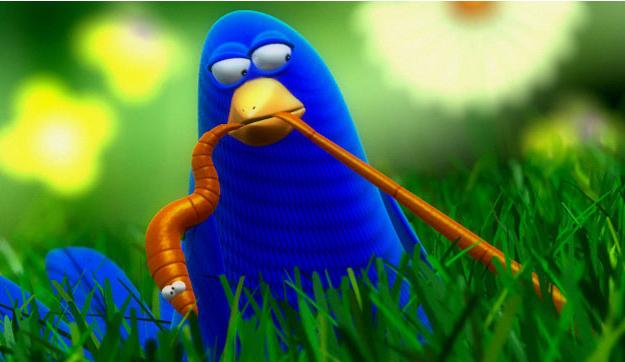Morning People vs Evening People

Many generations ago, the work ethic of successful rice farmers in Southern China revolved around the following proverb: “No one who can rise before dawn 360 days a year fails to make his family rich.” We are all familiar with other similar proverbs, among them, the well known English saying: “the early bird gets the worm.”
So here I am reading this month’s issue of the Harvard Business Review when I come across an article titled “The Early Bird Really Does Get the Worm“. In it, Christopher Randler, a professor of biology at the University of Education in Heidelberg, Germany, discusses his scientific quest which puts such proverbs to the test.
In a number of studies, including one where Randler surveyed 367 university students, he found the following:
“Though evening people do have some advantages—other studies reveal they tend to be smarter and more creative than morning types, have a better sense of humor, and are more outgoing—they’re out of sync with the typical corporate schedule. When it comes to business success, morning people hold the important cards. My earlier research showed that they tend to get better grades in school, which get them into better colleges, which then lead to better job opportunities. Morning people also anticipate problems and try to minimize them, my survey showed. They’re proactive. A number of studies have linked this trait, proactivity, with better job performance, greater career success, and higher wages.”
So how do you know if you are a morning person or evening person? And can you alter your “chronotype” (the preference for morningness or eveningness)?
In answering the first question, Randler points out that morning people have a the tendency to wake up around the same time on weekends as they do on weekdays, while evening people tend to get up at later times on the weekend. For example, in Randler’s study of college students, he found that evening people on average will wake up two hours later on the weekend than during the weekday.
As for whether you can change your chronotype, our efforts are limited because around 50% of it is determined by genetics.
Randler admits some obvious limitations to his findings and other research in this area. The data merely shows a correlation over a large sample, so you do get morning and evening people who deviate from the above characteristics. Additionally, the exact reasons why morning people are more proactive are yet to be determined. Randler suggests that perhaps it is because they get up early and have more time to prepare for the day—as the successful rice farmers in Southern China did—or it is the result of something more inherent, such as the personality trait of conscientiousness (a tendency to show self-discipline and a love for schedules). As a morning person, I suspect that proactivity stems from something more inherent because there are many mornings where I get nothing done, and equally, many evenings where I accomplish a lot.
The diagram below highlights a number of traits that morning people enjoy but it is conceivable that there are those of us who fall somewhere in-between, sharing some of the traits that evening people have (both the negative and positive). For example, I tend to enjoy writing and reading in the morning, while I enjoy music production (an activity I feel more creative in) more in the evenings and well into the early mornings (9pm-4am). Which side of the following diagram do you fall on? And do you find that you have any of the following traits?

Source: Harvard Business Review (July-August 2010) pg. 31 Note: This diagram appears to miss out on some of the negative aspects and dangers of being a morning person; such as not getting enough sleep in some instances.